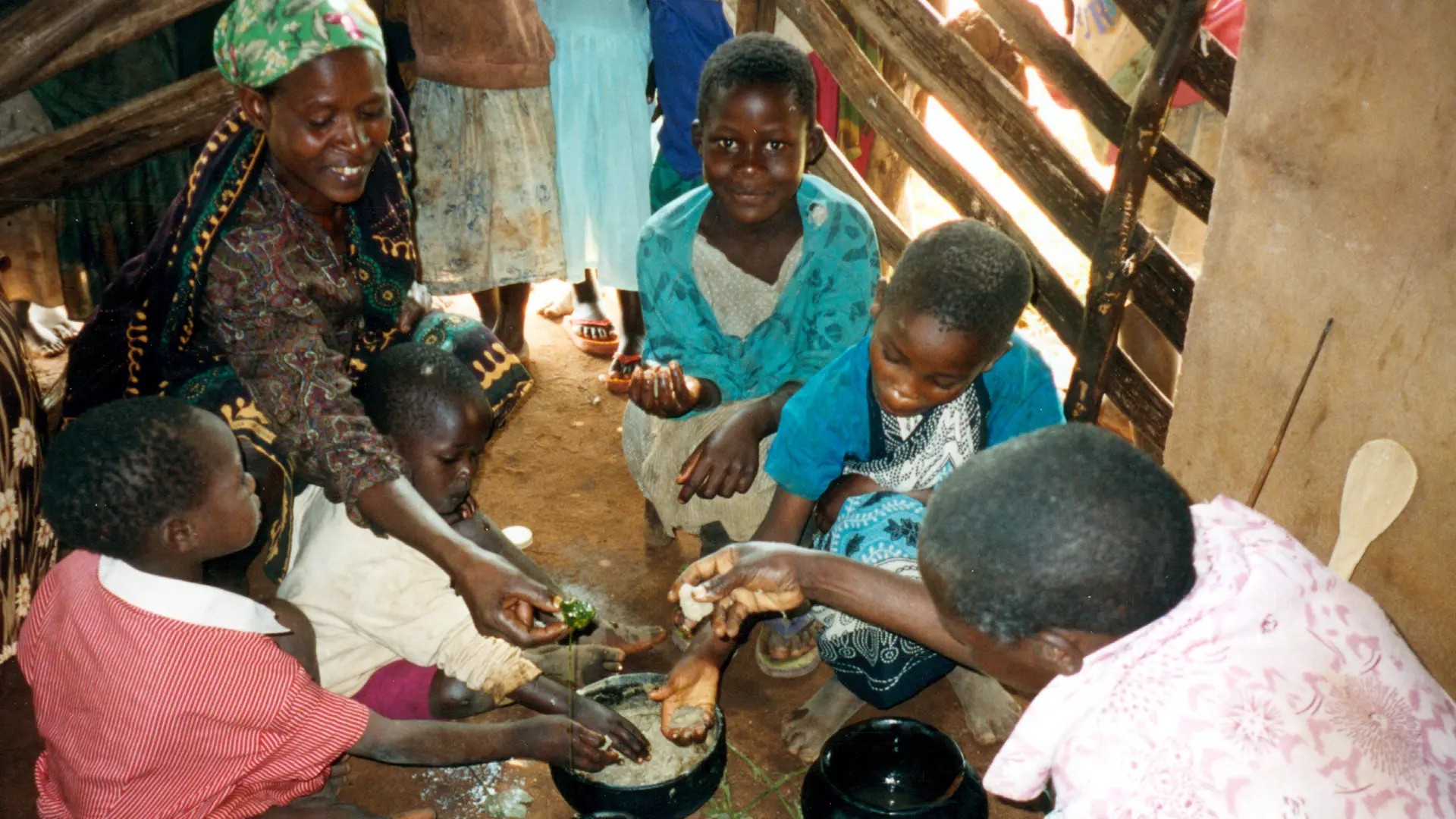
As a university of technology, Chalmers has the potential to impact future solutions to global sustainability challenges. Involvement in strategic networks/alliances, university wide projects and collaborative platforms focusing on research, is key elements in such a work. One important step was taken when the East Africa Initiative was launched with the aim to explore and develop ongoing collaborations and contacts with partner universities in East Africa. One of the strategic areas is Nutrition and Food Security with a focus on two of the UN's Sustainable Development Goals, “to end poverty” (SDG1) and “to end hunger, achieve food security and improved nutrition” (SDG2) while ensuring a sustainable environment.
SIDA Food Security partnership program with Tanzania
The subprogram, Sustainable Agricultural Production and Value Addition for Enhancing Food Security in Tanzania, within the framework of SIDAs research training partnership programme is a collaboration between the University of Dar es Salaam (USDM), the Swedish Agricultural University of Science (SLU) and Chalmers University of Technology.
The programme aims at building capacity for providing impact-oriented research, knowledge, and innovations for enhancing food security by building on research from the previous phase in the SIDA-supported capacity development programmes between UDSM and Swedish Universities.
The planned joint actions including food processing are expected to impact positively and sustainably on agricultural production in Tanzania, and more specifically to reduce poverty in the country by improving food security and value additions, in particular increasing utilisation of legumes in food and feed. The activities strive to address the Sustainable Development Goal for ending poverty (SDG1) and hunger (SDG2) and ensure environmental sustainability.
Partners and Participating Universities:
- Dr. Oscar Kibazhoi, Department of Food Science and Technology, University of Dar es Salaam (USDM), Tanzania
- Dr. Vincent Vicent, Department of Food Science and Technology, University of Dar es Salaam (USDM), Tanzania
- Professor Rodomiro Ortiz, Department of Plant Breeding, Swedish Agricultural University (SLU), Sweden
Research leaders
Sweden-East Africa University Network (SWEAFUN)
SWEAFUN is a new strategic joint initiative from Chalmers University of Technology and partner universities in East Africa to increase collaboration and develop knowledge promoting global sustainable development. It offers novel opportunities to pursue research, training, and utilisation in the realm of sustainability through collaboration with partners in low-and middle-income countries (LMICs), an expressed priority of Chalmers.
Food and Nutritional Health is one of the thematic areas within SWEAFUN with the aim to ensure nutrition security for women and young children in low- and middle-income countries (LMIC). The emphasis of the exploration of collaboration areas will be issues of relevance to the UN's Sustainable Development Goal 2 – to end hunger, achieve food security and improved nutrition.
Our overall aim is to explore the use of underexploited traditional foods such as vegetables and insects with potentially high nutritional value. Enrichment of traditional cereal-based diets with such underexploited foods, that also can be used as ingredients in innovative new ready-to-eat foods for children and women could be expected to contribute to an enhanced nutritional status in these vulnerable groups.
Partners and Participating Universities
- Prof. Monica Ayieko, Jaramogi Oginga Odinga University of Science and Technology (JOOUST), Kenya
- Assoc. Prof. Yusuf Byaruhanga, Makerere University, Uganda.
- Senior lecturer Lucy Mlipano Chove, Sokoine University of Agriculture, Tanzania.


